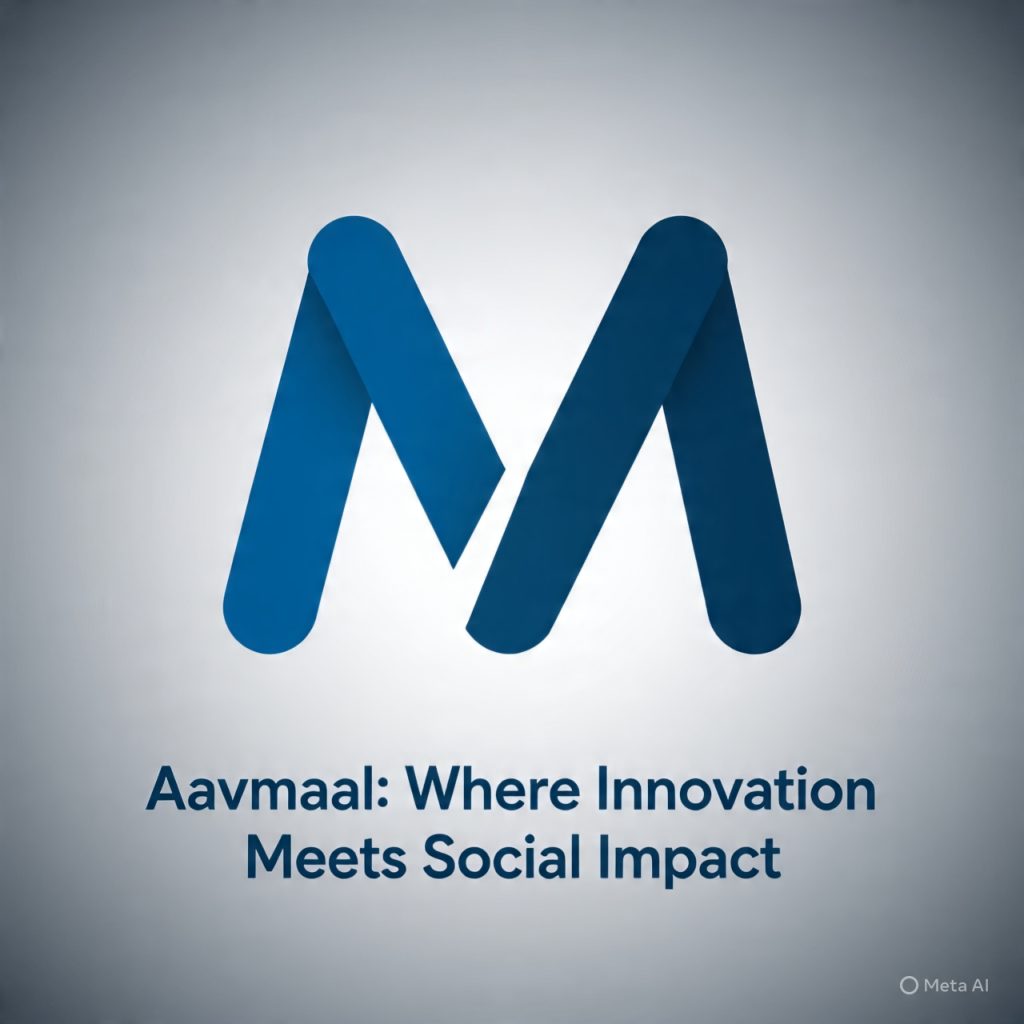In a world grappling with inequality, environmental crises, and systemic inefficiencies, the role of socially driven innovation has never been more important. At the forefront of this transformative wave stands Aavmaal—a pioneering initiative that seamlessly blends innovation with social impact to create sustainable, scalable solutions for real-world problems.
From clean water access to inclusive education, digital empowerment to rural entrepreneurship, Aavmaal has become a beacon of hope and a model for what modern social enterprises can achieve when purpose and progress walk hand in hand.
This article explores the origin, mission, strategies, and successes of Aavmaal, offering a deeper understanding of how innovation can drive measurable change in communities across the globe.
The Origins of Aavmaal
Founded in 2017 by a group of technologists, educators, and social workers, Aavmaal was born out of a simple yet powerful vision: to build technology-driven, community-centered solutions that empower marginalized populations.
The name “Aavmaal,” derived from Sanskrit and regional dialects, symbolizes arrival and transformation. It reflects the organization’s goal—to arrive where help is needed and to transform the outcomes through innovation.
Unlike conventional non-profits or profit-first tech startups, Aavmaal operates at the intersection of tech innovation, grassroots activism, and policy engagement—a hybrid model that ensures both sustainability and systemic influence.
Mission and Core Values
Aavmaal’s mission is anchored in three key pillars:
- Empowerment through Innovation
Develop low-cost, high-impact tools using emerging technologies (AI, IoT, mobile platforms) tailored for underserved communities. - Equity through Access
Bridge gaps in access to essential services like healthcare, education, clean energy, and digital identity. - Sustainability through Collaboration
Partner with local governments, NGOs, and private enterprises to build long-term, community-owned solutions.
Core Values:
- Inclusivity
- Transparency
- Human-Centered Design
- Data-Driven Decision-Making
- Environmental Responsibility
Key Areas of Impact
1. Smart Water Systems
One of Aavmaal’s earliest and most successful projects was a solar-powered water purification system deployed in drought-affected villages. Using IoT sensors and predictive analytics, the system monitors water quality and usage in real-time, ensuring consistent access to clean drinking water for over 250,000 people.
2. Digital Education Hubs
Aavmaal developed mobile learning stations equipped with tablets, offline servers, and multilingual educational content. These have been deployed in rural India, sub-Saharan Africa, and refugee settlements to provide access to STEM and vocational training.
3. Healthcare on Wheels
Through its “Healthreach” initiative, Aavmaal partnered with medical institutions to launch AI-assisted mobile clinics that provide basic diagnostics, maternal care, and telemedicine services in areas with no formal healthcare infrastructure.
4. Livelihood and Entrepreneurship
Aavmaal’s “SkillUp+” program empowers rural youth and women through micro-entrepreneurship training, digital finance education, and access to local and global e-commerce platforms.
5. Sustainable Housing Solutions
In collaboration with local builders and architects, Aavmaal introduced 3D-printed housing modules made from recycled materials to address urban slums and disaster-hit regions.
Technological Innovations
What sets Aavmaal apart is its commitment to affordable, accessible, and scalable technology. A few notable innovations include:
- EduBox: A solar-powered, portable digital classroom with curriculum in over 15 languages.
- AavConnect: A blockchain-based platform for delivering transparent aid distribution and identity verification.
- SmartFarm Kit: A sensor-based solution that helps farmers track soil health, crop cycles, and weather forecasts using a basic smartphone.
- CleanAir Pod: A low-cost air filtration system for polluted urban areas, particularly around schools and hospitals.
Each of these innovations is designed using human-centered principles, often co-created with the very communities they aim to serve.
Measuring Social Impact
Aavmaal goes beyond anecdotal success and invests heavily in impact measurement frameworks, including:
- Social Return on Investment (SROI)
- UN SDG Alignment Metrics
- Community Impact Dashboards
- Independent Audits and Peer Reviews
For example, their 2024 Annual Report revealed:
- Over 1 million beneficiaries across 6 countries
- 68% reduction in water-borne illnesses in targeted regions
- 22,000 youth enrolled in digital learning programs
- 38% increase in rural household income through micro-enterprise support
Strategic Partnerships
Aavmaal understands that lasting change is collaborative. Its network of partners includes:
- International NGOs: Oxfam, Save the Children
- Tech Companies: Microsoft for Startups, Google.org
- Governments: Policy pilots with ministries of education, health, and rural development
- Academic Institutions: Joint research with MIT, IITs, and local universities
These collaborations help scale pilots into national programs, influence policy, and bring together innovation with infrastructure.
Future Outlook
Looking ahead, Aavmaal is focused on:
- Expanding to Latin America and Southeast Asia
- Developing AI models for disaster prediction and public health
- Launching an open-source platform for other social enterprises to replicate their solutions
- Creating AavLab, an incubation center for grassroots innovators and youth-led social startups
The long-term vision is clear: to build an ecosystem of empowered, self-reliant communities where no one is left behind.
FAQs about Aavmaal
1. Is Aavmaal a nonprofit or a business?
Aavmaal operates as a social enterprise. It blends nonprofit values with business strategies to ensure sustainable impact and financial viability. It reinvests profits into scaling its mission-driven initiatives.
2. How does Aavmaal fund its projects?
Funding comes from a mix of grants, CSR partnerships, revenue from services, and impact investments. Transparency in fund usage is a core principle.
3. Can individuals or small communities request Aavmaal’s help?
Yes. Aavmaal accepts project proposals through its website. If a proposal aligns with its mission and resources, the team may initiate a pilot or collaborate with local organizations.
4. Is Aavmaal’s technology open-source?
Many of Aavmaal’s innovations, like EduBox and SmartFarm Kit, are available under open-source or affordable licensing models to encourage widespread adoption.
5. How can I get involved with Aavmaal?
There are several ways:
- Volunteer or intern with ongoing projects
- Donate or fund specific campaigns
- Collaborate as a researcher or entrepreneur
- Attend workshops and events hosted by Aavmaal and its partners
Conclusion
Aavmaal is not just a name—it is a movement where technology meets humanity, and where innovation becomes a tool for inclusion. In bridging the gap between ideas and action, Aavmaal proves that social impact is no longer the domain of charity alone; it is a field where bold ideas, community trust, and intelligent systems come together to build a better world.
As more organizations and individuals look to make meaningful contributions to society, Aavmaal offers a blueprint—one that prioritizes dignity, sustainability, and results.

Theo Louse
I am Theo Louse. My skills are dedicated to the field of technology information and try to make daily lives more enjoyable. With more than 12 years of experience with BM, we are particularly famous for 100% self-developed ideas. Over these years, we have worked to make everyday life more convenient for the fast-paced world we live in.

